Confidence is contagious and so is negativity. Choose wisely.
Others are reading now
Believe in Yourself, It’s Not Just a Cliché
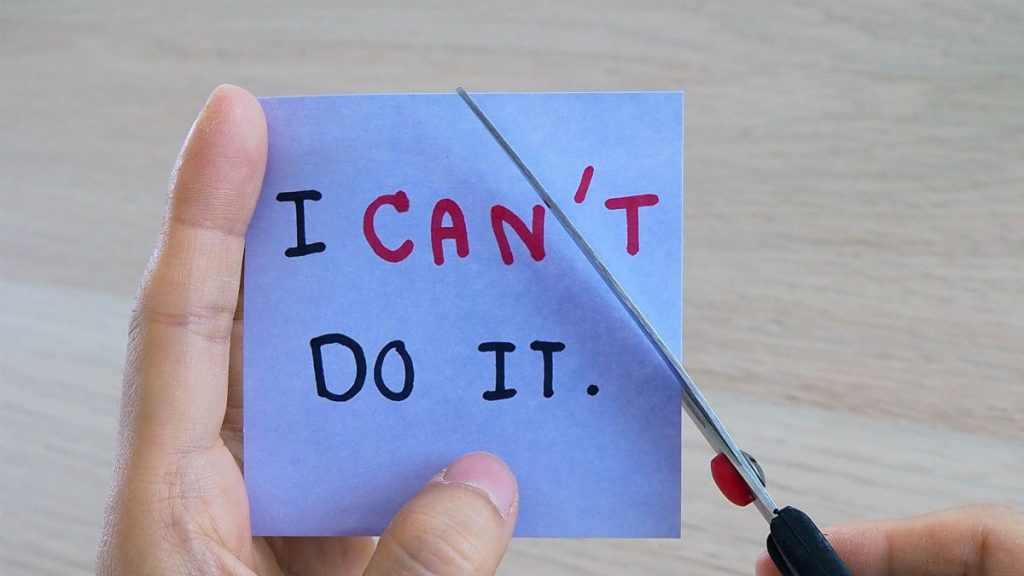
Confidence starts with a simple yet powerful idea: believing in your ability to handle life’s challenges. Whether it’s a job interview, a tough conversation, or trying something new, self-confidence fuels better outcomes.
The American Psychological Association defines it as trust in your judgment and abilities. But that doesn’t mean it’s always there, like any skill, it needs practice and maintenance.
Why Confidence Matters More Than You Think

Research shows that people with high self-confidence are not only happier but also more successful academically, professionally, and socially.
It affects how you show up in the world and how others perceive you. Confident people tend to be seen as competent and trustworthy, which can open doors personally and professionally.
Stop Comparing—Start Celebrating Your Own Journey
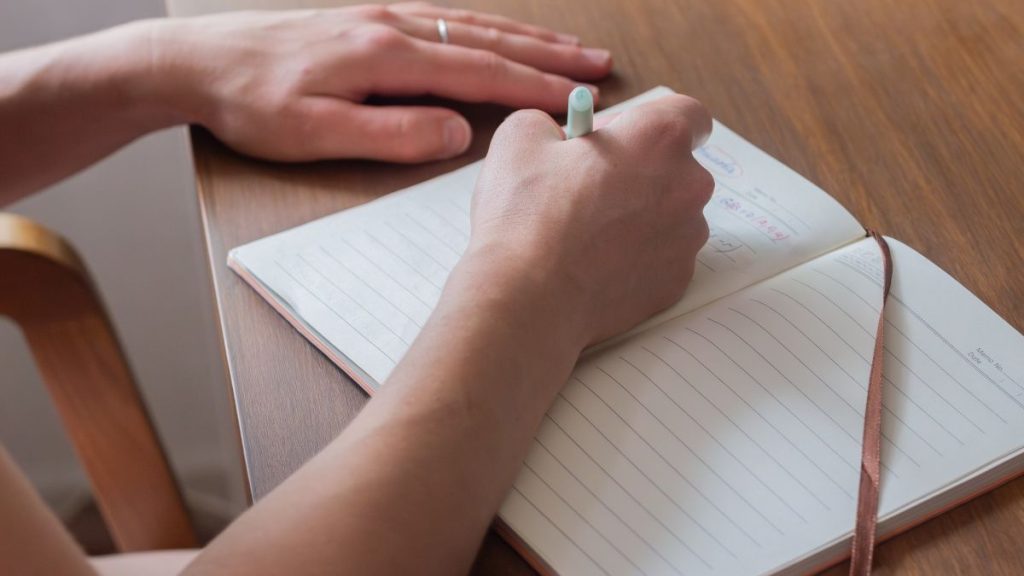
Social media can be a minefield for confidence. Seeing curated snapshots of other people’s lives often sparks envy and self-doubt. Studies confirm that comparison leads to lower self-esteem.
Also read
Instead of spiraling, refocus on your own strengths. Keeping a gratitude journal or listing your daily wins helps shift attention away from others and back to what’s going well in your life.
Choose People Who Lift You Up

Your inner circle matters. Friends who are supportive and accepting can reinforce your self-worth, while critical or toxic relationships can chip away at it. Surround yourself with people who believe in you and encourage your growth.
Confidence is contagious and so is negativity. Choose wisely.
Care for Your Body, Feed Your Confidence

Physical self-care isn’t vanity it’s foundational to self-confidence. Eating well, exercising regularly, meditating, and getting enough sleep all contribute to emotional well-being.
When your body feels strong and your mind is clear, you’re more likely to feel capable and resilient. Your health habits shape how you see yourself.
Also read
Talk to Yourself Like You Would a Friend
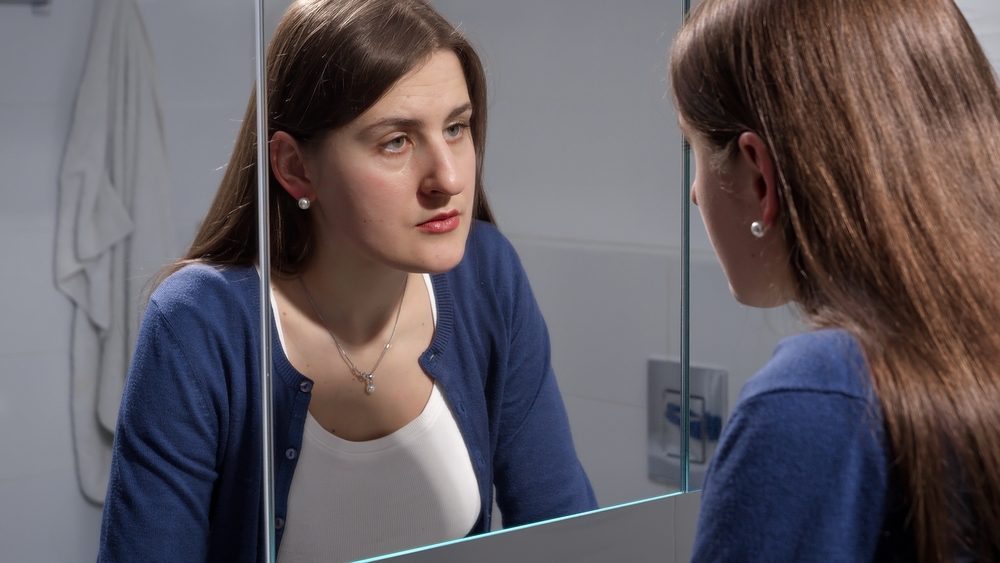
Harsh self-talk can crush confidence before you even get started. Practice talking to yourself with kindness and encouragement instead.
Replace “I can’t do this” with “I’ll give it a try” or “I’m learning.” Over time, this shift in mindset fosters resilience and builds a solid internal support system.
Face Your Fears—Even If You’re Shaking

Waiting to feel confident before taking action? Flip that script. Confidence often follows action.
Whether it’s public speaking, networking, or trying something unfamiliar, facing your fears helps shrink them. Each small win proves you can handle more than you thought and that’s where growth begins.
Do More of What You’re Good At

Confidence thrives when you lean into your strengths. Doing activities where you naturally excel boosts your sense of competence and reinforces your belief in your abilities. It also leads to higher life satisfaction. Whether it’s a hobby, a talent, or a task at work, make time to do what lights you up.
Also read
Learn the Power of Saying No
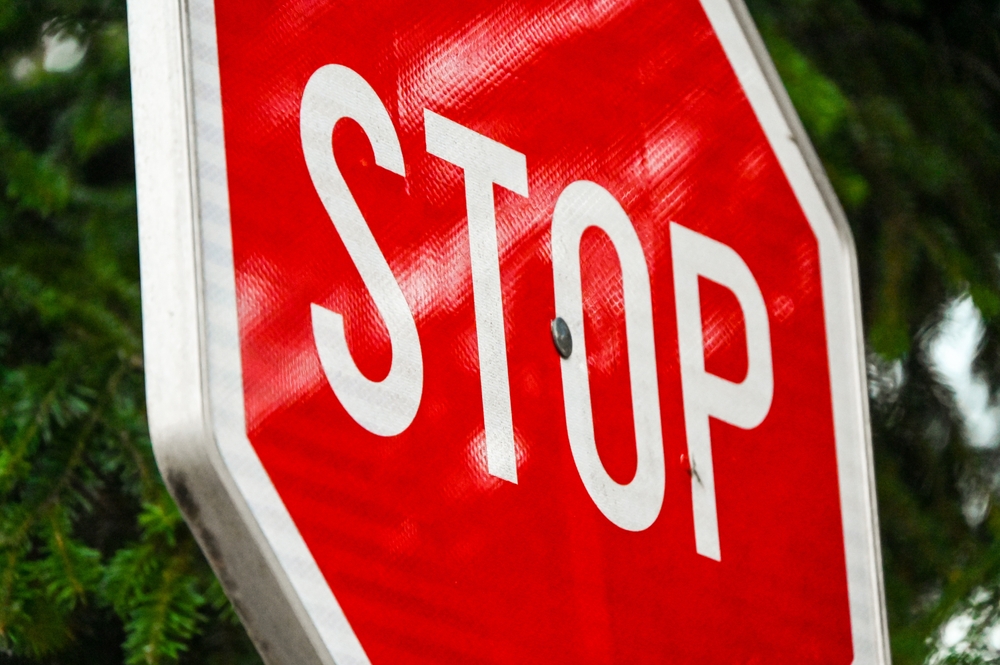
Protecting your confidence sometimes means setting boundaries. If certain people, situations, or tasks regularly drain your self-worth, it’s okay to opt out.
Saying no doesn’t mean you’re giving up it means you’re prioritizing your well-being. Once your confidence is stronger, you can always revisit those situations from a new place.
Set Goals That Stretch—But Don’t Break You
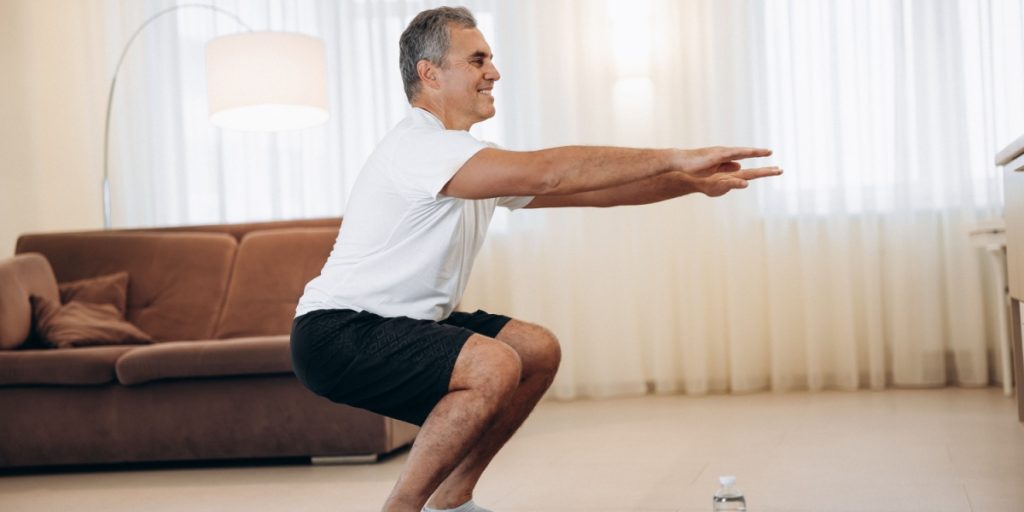
Lofty goals can inspire, but if they’re too unrealistic, they can backfire and damage your confidence.
Instead, aim for targets that challenge you while remaining achievable. Each success reinforces your belief in yourself and builds momentum. Confidence grows best through steady, tangible progress.
The Difference Between Confidence and Insecurity

Confident people are open-minded, optimistic, and willing to take risks. They learn from mistakes and celebrate others’ success. Insecure people, on the other hand, may fear change, hide their flaws, or pass blame. Recognizing these traits can help you shift your mindset and adopt more empowering habits.
Also read
The Confidence-Performance Connection

When you’re not bogged down by self-doubt, you can focus your energy on the task at hand. That mental clarity often leads to better results whether at work, in sports, or in creative pursuits. Confidence helps you stay engaged, bounce back from setbacks, and stay on course even when things get tough.
How Confidence Strengthens Relationships

Self-confident individuals tend to form healthier, more fulfilling relationships. They communicate more effectively, set clearer boundaries, and are less likely to settle for less than they deserve. They also tend to attract others who value and respect them, which reinforces their sense of worth.
Confidence Encourages Curiosity and Growth

Believing in yourself makes you more willing to take risks and explore new territory be it a career move, a skill, or a social opportunity.
That willingness to try fuels personal growth and keeps life interesting. Confidence opens doors, not just to success, but to discovery.
Resilience Starts with Belief in Yourself

Life throws curveballs. Confidence doesn’t mean you avoid failure it means you recover faster. When you trust in your ability to bounce back, setbacks become lessons rather than stop signs. And each time you get back up, your resilience and your self-confidence grows stronger.


